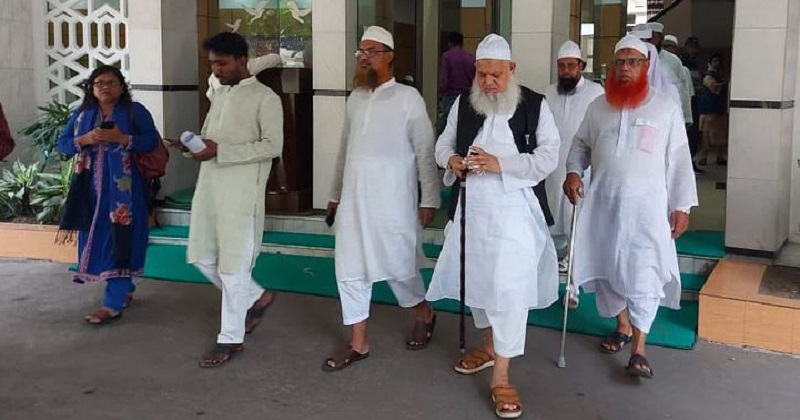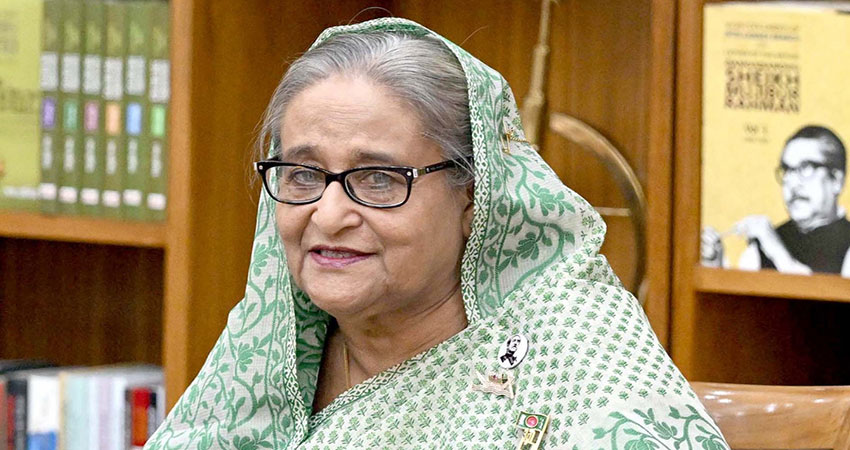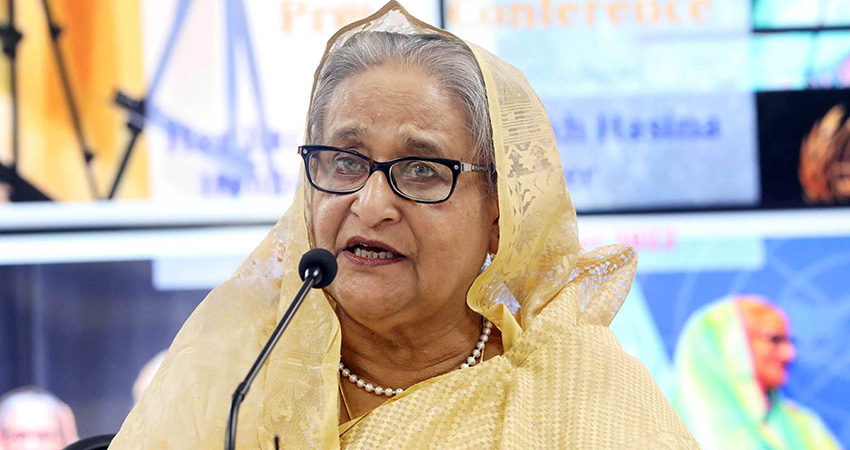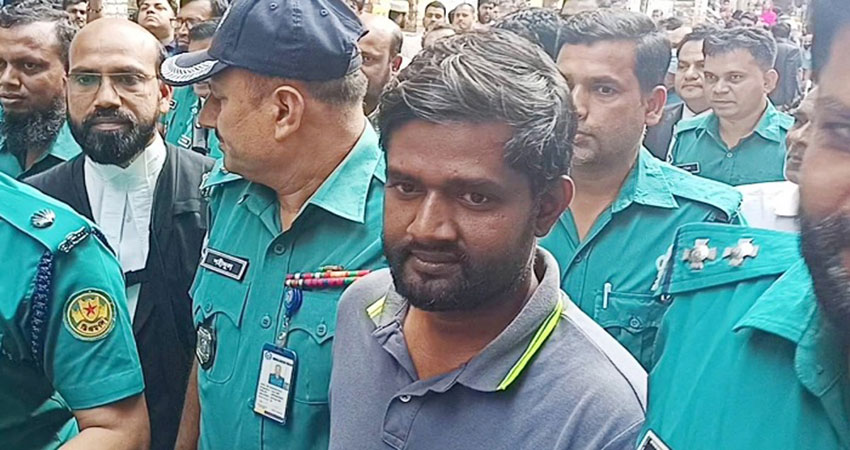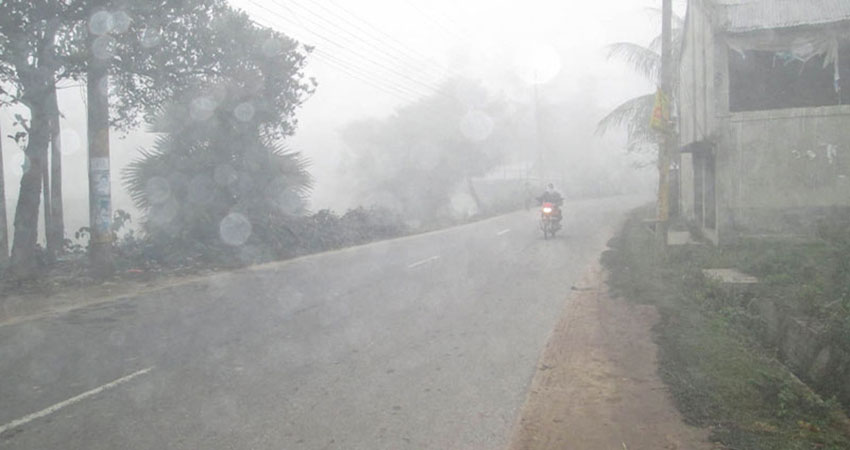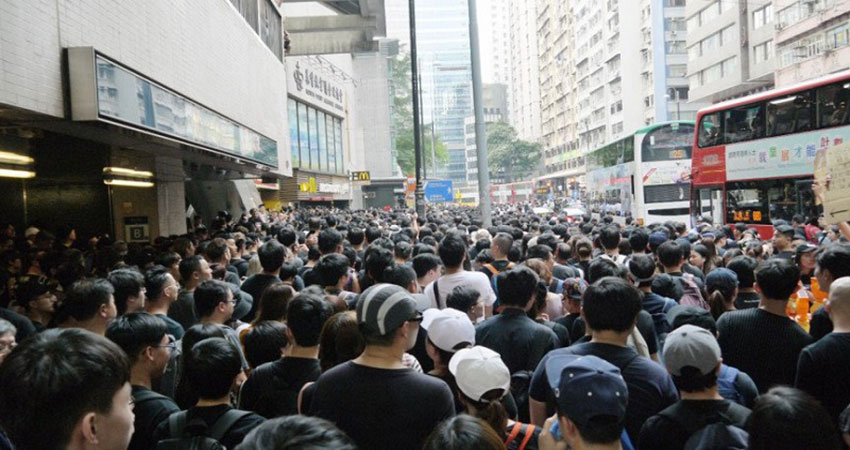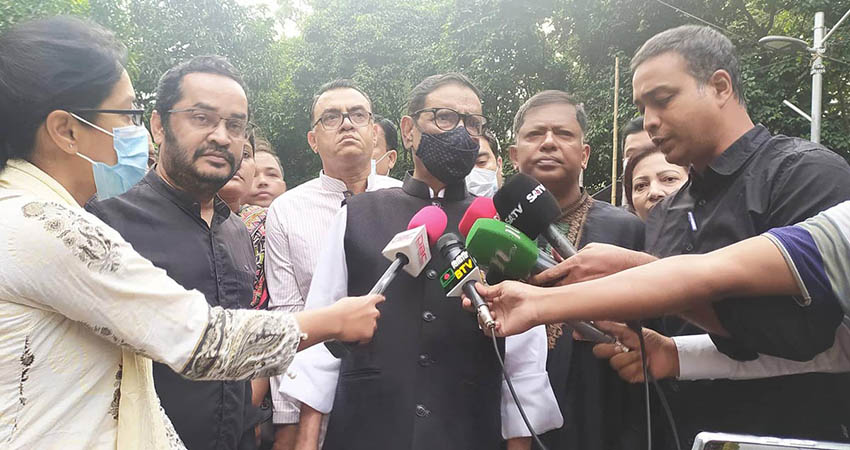Eleven alems of the country on Monday submitted a memorandum to Anti-Corruption Commission seeking investigations into the sources of money of Ekattorer Ghatak Dalal Nirmul Committee and Gono Commission.
They handed over the memorandum to ACC secretary Md. Mahbub Hossain at the commission head office in Dhaka on behalf of the Islamic Cultural Forum Bangladesh.
An 11-member delegation led by Deonar Pir Mizanur Rahman Chowdhury, chief adviser of the organization, handed over the memorandum.
After submitting the memorandum to ACC, Pir Mizanur Rahman told reporters that the 2,000-page allegations made by Gono Commission against 116 alems, Islamic preachers and hundreds of madrasas are baseless.
He said they think this attempt (allegations against 116 alems) is an anti-national conspiracy and an attempt to destroy the communal harmony of the country.
“Through these allegations they (Gono Commission) want to kill two birds with one stone. One of them is that alems have not been in the field for two and a half years. Attempts are being made to bring them at filed with provocation. On the other hand, there is a conspiracy to close Qawmi madrasas by creating a conflict with the government.”
Mentioning that Gono Commission not only blackmailed the nation but also blackmailed Home Minister Asaduzzaman Khan, said Pir Mizanur Rahman adding “The Home Minister has already told reporters that he did not read what is included in the report. Such a Gono Commission has no legal basis.”
He demanded immediate withdrawal of Gono Commission’s report submitted to the ACC.
The memorandum says, “Gono Commission has spent huge amount of money to prepare the report. It is not normal to spend money on a work that has no legal basis. In this situation, questions have arisen in the minds of the people about the source of income of this body, patrons of it, and accountability of its income and expenditure.”
The 11-member delegation was accompanied by Islamic Cultural Forum Bangladesh general secretary Maulana Md Nazmul Haque, members Abu Jafar Kasemi, Mansurul Haque and Abul Kashem Ashrafi.
Alems write ACC to probe Gono Commission’s money source
